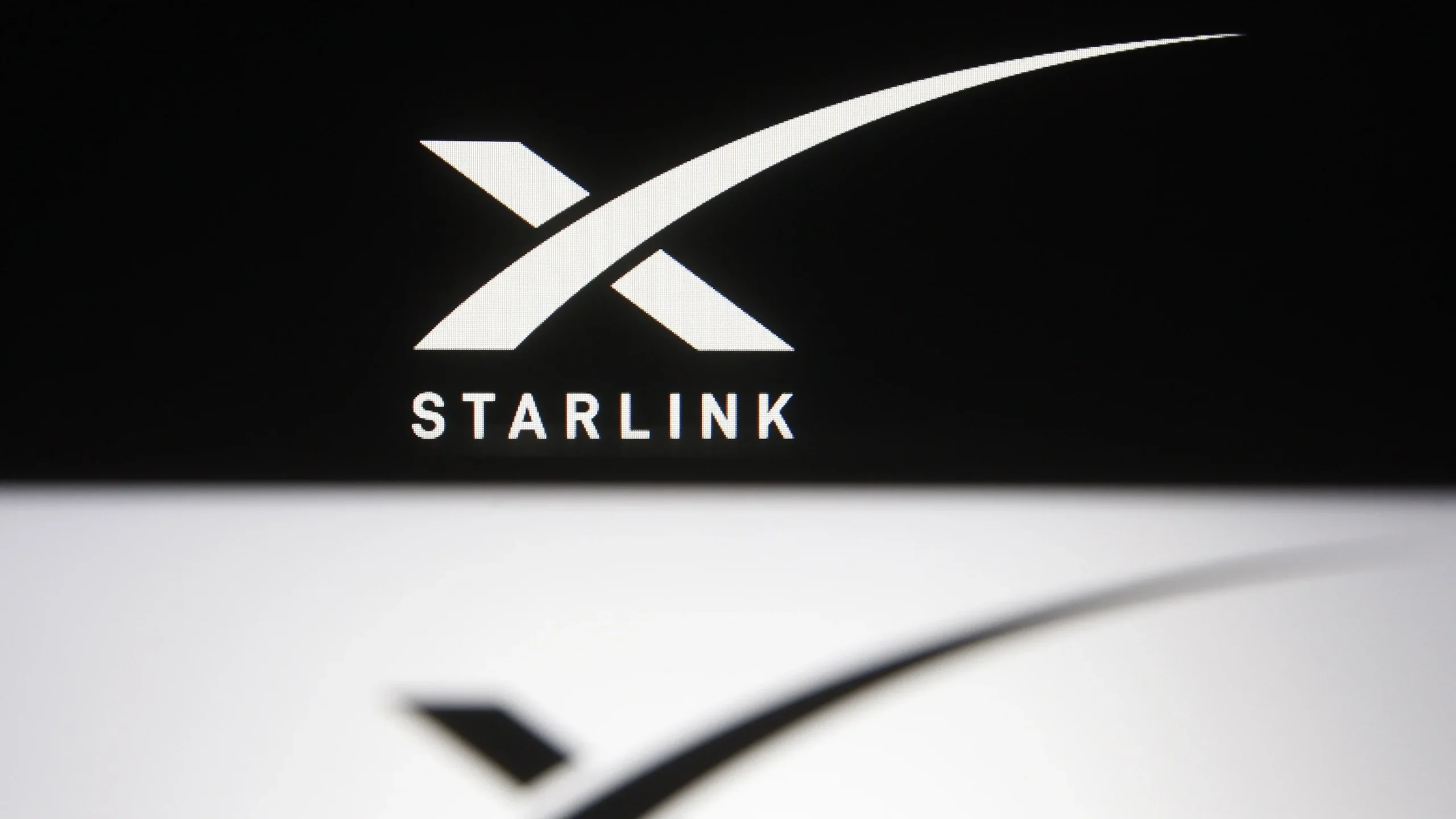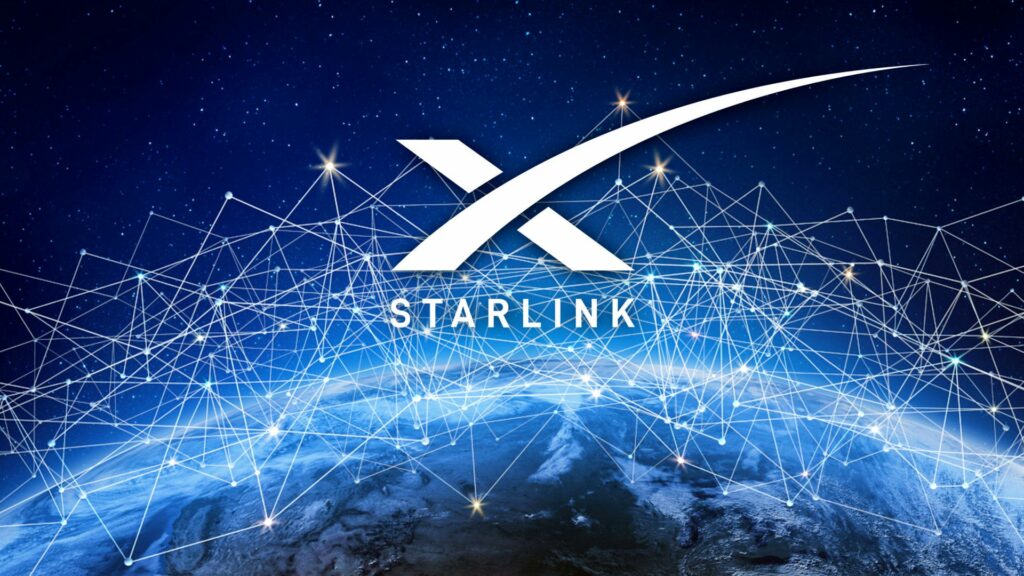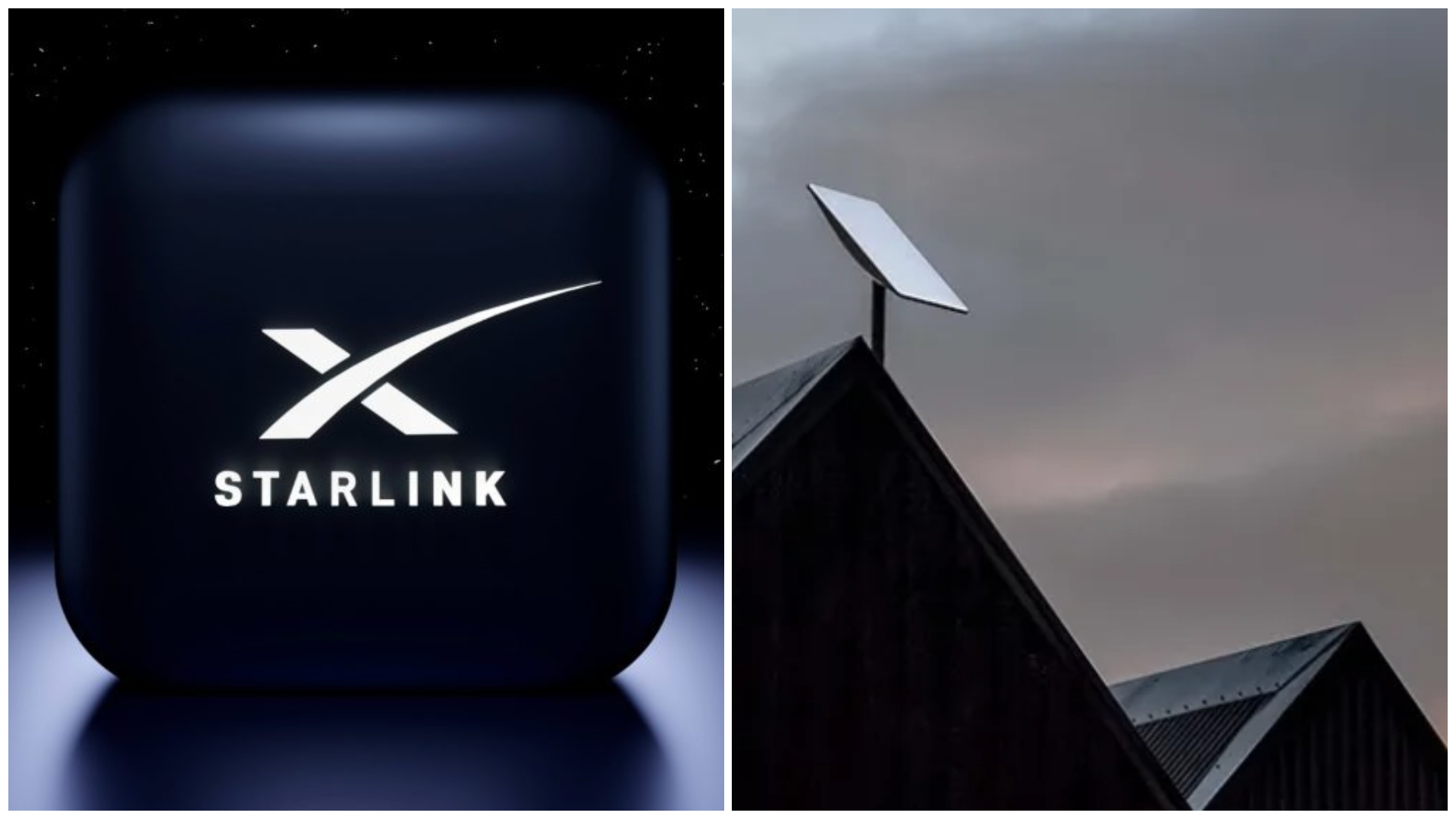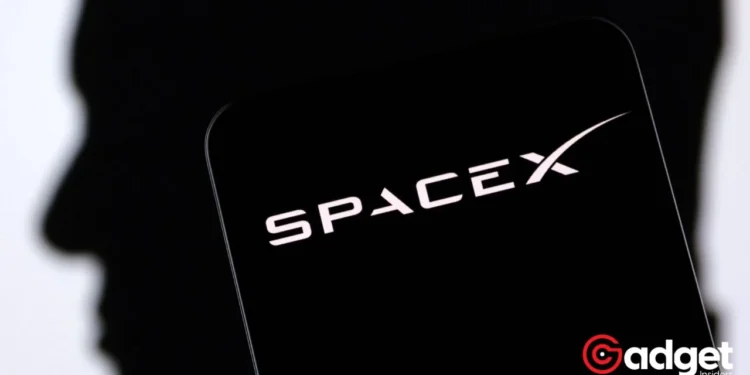In an era where the global appetite for high-speed internet knows no bounds, SpaceX’s ambitious Starlink project aimed to cast its net over the picturesque landscapes of Vietnam, promising to bridge digital divides with its advanced broadband satellite technology. However, what seemed like a straight path to technological emancipation hit a regulatory snag, revealing the complex dance between innovative ambition and national sovereignty.
SpaceX: The Regulatory Roadblock And A Tale of Ownership and Control
The heart of the matter lies in a clash of visions between SpaceX, the space exploration behemoth founded by Elon Musk, and the Vietnamese government’s stringent telecommunications laws. Central to the deadlock is Vietnam’s firm stance on foreign ownership within its telecom sector, a rule that caps foreign entities to a non-controlling 50% stake in companies with network infrastructure.
This stipulation has put a pause on discussions, with negotiations between SpaceX and the Vietnamese Ministry of Information and Communications (MIC) reaching an impasse since November last year.

The urgency for such advancements was underscored by recent outages affecting the country’s underwater fiber-optic cables, highlighting the vulnerability of terrestrial networks. Despite several months of talks extending from mid-2023, the parties have yet to find common ground, leading to the suspension of Starlink’s pilot services for Vietnam’s Coast Guard.
This initiative, which had gone unreported until now, leveraged Starlink satellites to guide drones across strategic maritime zones like the South China Sea and the Gulf of Thailand, marking a significant setback in the country’s maritime operational capabilities.
https://twitter.com/CurtisSpyros/status/1763621229653619079
New Hurdles on the Horizon: Draft Decrees and Data Security Concerns
The plot thickens with the introduction of a draft decree, aimed at implementing the revised telecommunications law set to take effect in July. The decree introduces additional hoops for foreign satellite service providers to jump through, including the establishment of a local ground gateway to ensure all satellite-generated traffic within Vietnam is routed through the national telecoms network.
This move underscores Vietnam’s cautious approach towards safeguarding its digital sovereignty and data security, addressing concerns over the potential misuse of Vietnamese internet user data abroad.

Moreover, the decree sets forth financial prerequisites for foreign satellite providers, mandating a minimum charter capital and a substantial investment in network infrastructure within the first three years of operation.
These requirements, coupled with the necessity for a commercial agreement with a licensed domestic telecom enterprise, paint a picture of a tightly regulated environment aiming to balance technological innovation with national security and economic interests.
The Way Forward: Balancing Act between Innovation and Regulation
As SpaceX and Vietnam navigate this regulatory labyrinth, the situation underscores a broader narrative unfolding on the global stage. The race to expand internet access through cutting-edge satellite technology is not just a technical challenge but a diplomatic and regulatory puzzle.
Countries like Vietnam are cautiously weighing the benefits of such technologies against the need to protect their digital frontiers and maintain control over critical communications infrastructure.

For SpaceX, the stalled talks in Vietnam represent not just a roadblock but a learning opportunity. As the company seeks to expand Starlink’s footprint globally, understanding and adapting to the unique regulatory landscapes of each country will be paramount.
The quest to connect the unconnected is a noble one, but as the situation in Vietnam illustrates, it’s a journey fraught with complexities that extend far beyond the stars.
The dialogue between SpaceX and the Vietnamese government remains a beacon of hope for future collaboration, symbolizing the delicate balance between embracing global technological advancements and safeguarding national interests.
As both parties work towards a resolution, the eyes of the world will be watching, eager to see how this celestial saga unfolds.










